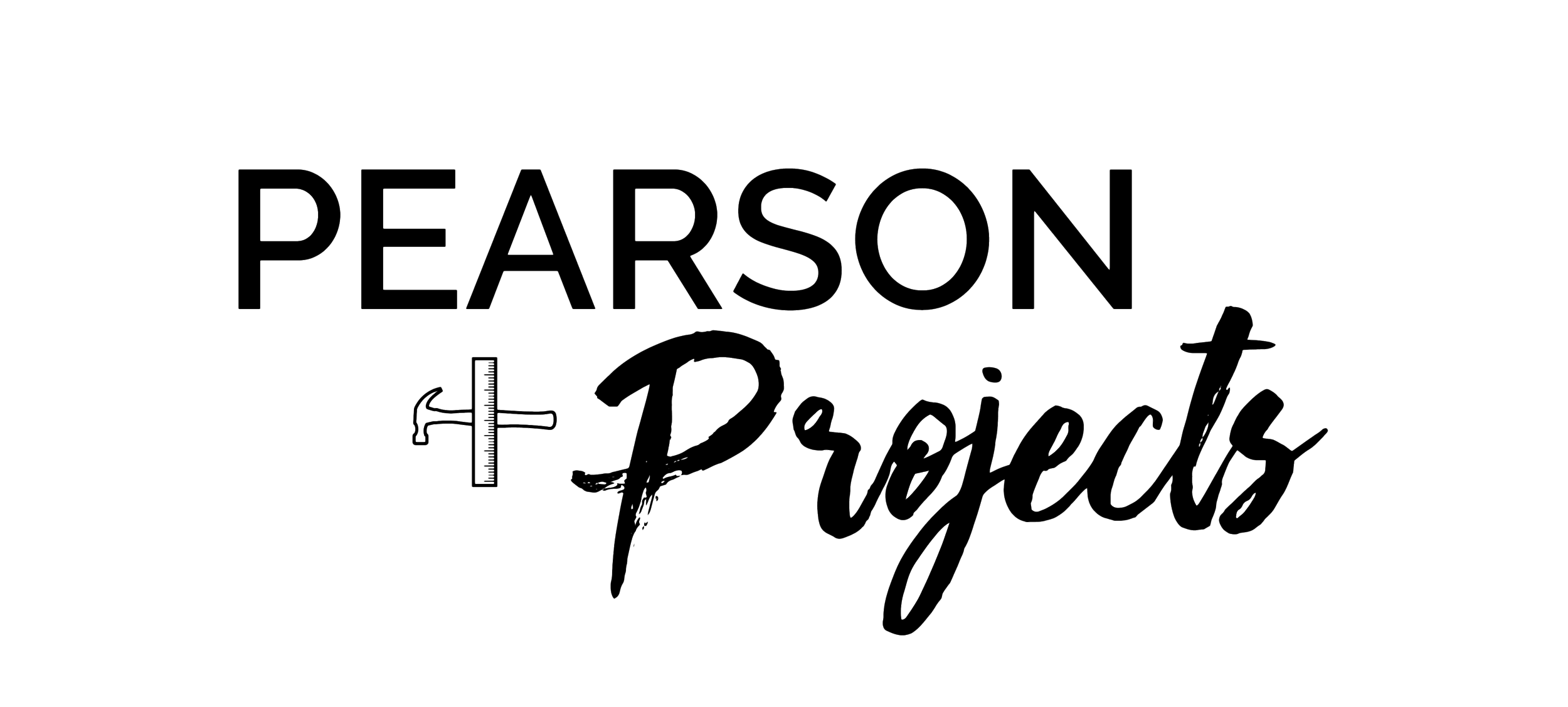Budget – Running the Numbers
Budgeting. It’s a love hate relationship. There’s no glamour in doing budgeting, but an essential part of your renovation planning and management to make sure you stay on track and don’t leave the bank account in red when you’re finished.
I recently shared on the importance of planning, and budgeting is one of the tools we use to effectively plan and manage our projects. A thorough budget set up at the start of your project and monitored throughout, allows you to stick to any financial goals you have set for your project. Whether you have a fixed amount of money available, need to work out how much to borrow from a bank, or you are renovating to sell and know that any overspend will eat into your profit – a budget is the tool to give you control of your project to achieve your financial target.
Searching bathroom suppliers to compare prices and pick bathroom fittings
So why budget? Each person is different and the importance you place on your finance is an individual preference. In our renovations, we make this one of our top priorities. For us, we were renovating this house to sell so we needed to be certain that we could complete the project within a fixed cost limit to ensure we could sell the house for more than the price we paid for it, including all of the costs along the way. The top 3 reasons why we place value on budgeting are:
- Meet your goals. It is likely that one of your overall goals is to – complete my project spending under $XX amount. I haven’t met anyone yet who has not thought about money at all and never checked their bank account balance along the way. A budget helps you achieve your spending (or saving) goals.
- Decision Making. The more you are prepared the better planned you can be. If you make a complete budget with cost estimates of everything you want in your project, you inform yourself and can make better decisions in advance. If your forecast costs are too high, then you can identify items to do at a later date or remove altogether – to lower the project costs.
- Control. Having a thorough budget ultimately gives you more control of your project. It allows you to remove (or quantify) your financial risk to give you comfort that you are on track, and if you’re not on track it gives you a warning in advance rather than being left unable to pay contractors because you overspent.
Budgeting can be as simple or complex as you want to make it. Some people have a natural bent towards spreadsheets and numbers, while others only think about it when their credit card declines. For me, after we have created a plan on what we want to do, I create a list in an excel spreadsheet of every cost I can think of. I itemise out the key items and then put a cost estimate next to each one. My first cut is normally quite generic, but I subsequently add in more detail and break down each item. What may initially be a dingle line of ‘Bathroom $5,000’, will then be detailed into costs for the plumber and itemising out all the fittings we are adding in.
As we get quotes, pricing for materials, make purchases – I continually update the budget to make sure that we have the most accurate costs possible. We have done this on all our renovations and kept good records of what we have spent, so we add in known costs where possible to make the budget as accurate as possible. Updating and monitoring your budget through your project allows you to keep on track – and then when you come in under your budget, from using your thorough cost management, you can bank the savings and give yourself a pat on the back, or spend it up on furniture and décor, as Alice always pushes for.
Budget template for a kitchen and bathroom renovation.
If you are working on a project to sell to make a profit, then another tool available is a feasibility study. This is similar to a budget, but adds in the additional component of sales income – what you expect to sell your property for. When doing a renovation to sell, the finance is often the key component – you don’t want to sell the property and realise the purchase price and renovation costs (plus other associated costs – marketing, agent fees, legal fees, interest, etc) end up being more than what you sold it for. However this is for another blog..


